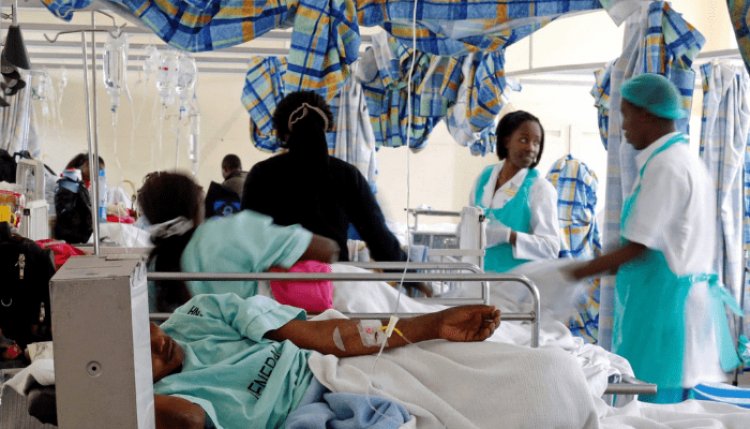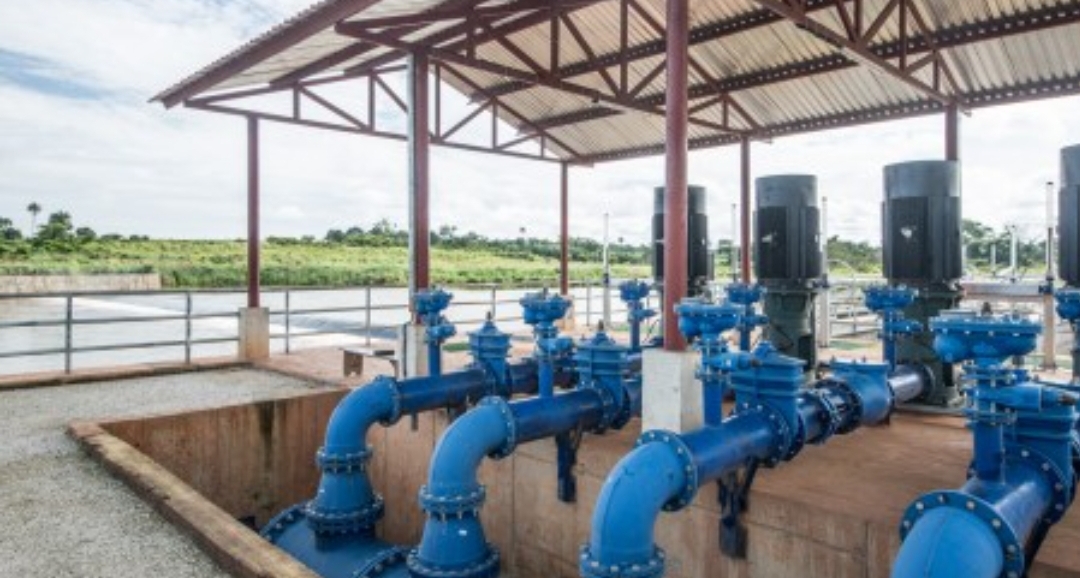The World Health Organisation (WHO) has published a study identifying 17 pathogens that frequently cause disease in communities and require urgent vaccine development. A pathogen is a living thing that causes disease in a host, such as a human.
The study, published in eBioMedicine journal and announced on the WHO website on Tuesday, is the first global effort to prioritise endemic pathogens based on factors such as regional disease burden, antimicrobial resistance risk, and socioeconomic impact.
The global health agency said the study reconfirmed longstanding priorities for vaccine research and development (R&D), including for HIV, malaria, and tuberculosis – three diseases that collectively take nearly 2.5 million lives each year.
It also identified pathogens like Group A streptococcus and Klebsiella pneumoniae as critical for disease control across all regions, which underscore the need to develop new vaccines for pathogens increasingly resistant to antimicrobials.
Dr. Kate O’Brien, WHO Director of the Department of Immunization, Vaccines and Biologicals, said: “Too often global decisions on new vaccines have been solely driven by return on investment, rather than by the number of lives that could be saved in the most vulnerable communities.
“This study uses broad regional expertise and data to assess vaccines that would not only significantly reduce diseases that greatly impact communities today but also reduce the medical costs that families and health systems face.”
The study noted that when international and regional experts were asked to identify key factors in deciding which vaccines to develop and implement, their preferences were combined with regional data for each pathogen.
The analysis produced a list of the top 10 priority pathogens for each WHO region.
The regional lists were then consolidated into a global list of 17 priority endemic pathogens needing vaccine research, development, and deployment.
WHO further explained: “The WHO new global priority list of endemic pathogens for vaccine R&D supports the Immunization Agenda 2030’s goal of ensuring that everyone, in all regions, can benefit from vaccines that protect them from serious diseases. The list provides an equitable and transparent evidence base to set regional and global agendas for new vaccine R&D and manufacturing, and is intended to give academics, funders, manufacturers and countries a clear direction for where vaccine R&D could have the most impact.
“This global prioritization exercise for endemic pathogens, complements the WHO R&D blueprint for epidemics, which identified priority pathogens that could cause future epidemics or pandemics, such as COVID-19 or severe acute respiratory syndrome (SARS).
“The findings of this new report on endemic pathogens are part of WHO’s work to identify and support the research priorities and needs of immunization programmes in low- and middle-income countries, to inform the global vaccine R&D agenda, and to strategically advance development and uptake of priority vaccines, particularly against pathogens that cause the largest public health burden and greatest socioeconomic impact.”
WHO listed vaccines for the pathogens at various stages of development as follows:
Pathogens where vaccine research is needed
Group A streptococcus
Hepatitis C virus
HIV-1
Klebsiella pneumoniae
Pathogens where vaccines need to be further developed
Cytomegalovirus
Influenza virus (broadly protective vaccine)
Leishmania species
Non-typhoidal Salmonella
Norovirus
Plasmodium falciparum (malaria)
Shigella species
Staphylococcus aureus
Pathogens where vaccines are approaching regulatory approval, policy recommendation or introduction
Dengue virus
Group B streptococcus
Extra-intestinal pathogenic E. coli
Mycobacterium tuberculosis
Respiratory syncytial virus (RSV)












